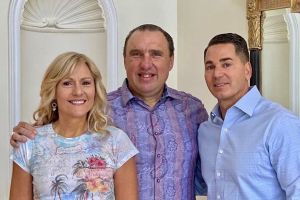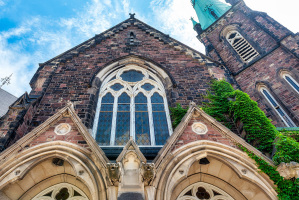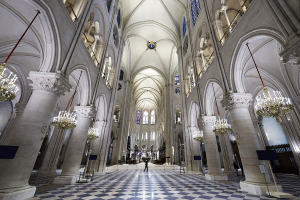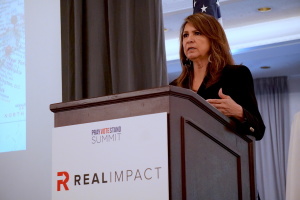Churches take precautions as WHO warns disease caused by coronavirus now deadlier than flu
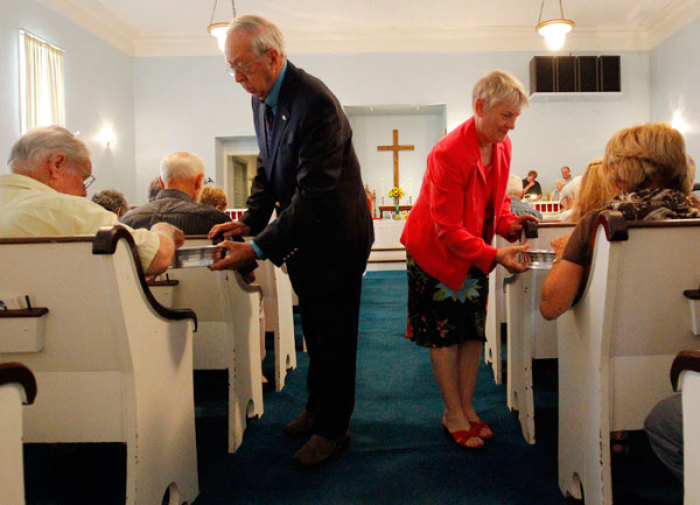
Churches and other religious groups are now ramping up measures to protect their congregants from the Covid-19 disease caused by the new coronavirus as the World Health Organization warned Tuesday that it's now deadlier than the flu.
“Globally, about 3.4 percent of reported Covid-19 cases have died,” Tedros Adhanom Ghebreyesus, the WHO’s director general, said at a news conference in Geneva, Switzerland. “By comparison, seasonal flu generally kills far fewer than 1 percent of those infected.”
As of Tuesday more than 90,000 people had been infected with the new coronavirus with more than 3,100 deaths globally.
“This virus is not SARS, it’s not MERS, and it’s not influenza,” Tedros emphasized at the news conference. “It is a unique virus with unique characteristics.”
Tedros also highlighted other differences between the coronavirus and the flu, which are both primarily spread from small droplets from the nose or mouth. For instance, a lot of the transmission of the flu is driven by infected people who aren’t showing symptoms. In the case of the coronavirus, infected people not showing symptoms only accounts for a small fraction of the spread.
The spread of the coronavirus can also be contained, unlike the flu. The new strain of coronavirus causes more severe illness than the flu, Tedros said, because “there are not yet any vaccines or therapeutics … which is why we must do everything we can to contain it.”
And as at least 15 states in the U.S. reported coronavirus cases, religious leaders have been responding as needed as the warnings against the disease grow more urgent.
Instead of shaking hands during Sunday mass at St. Mary Catholic Church in southeastern Wisconsin, hundreds of parishioners, on the advice of their pastor, greeted each other with gentle bows for the sign of peace ritual, The New York Times reported.
Jennifer Baskerville-Burrows, the Episcopal bishop of Indianapolis, Indiana, announced changes to worship in a note to members on Friday, including a switch from ceramic chalices to metal in an effort to limit the spread of germs.
“It’s all about education and trying to help, both putting people at ease and giving them what they need to make good decisions about their well-being,” Bishop Baskerville-Burrows told The New York Times.
The Rev. Roman Stikel, pastor at St. Mary in Kenosha, Wisconsin, also recently robocalled to his parishioners to warn them not to shake hands. If the coronavirus becomes a widespread emergency, he is also preparing for the possibility of canceling mass.
“For people who are very committed to coming to mass and praying together as a community, this is going to be difficult for them,” he said. “What we’ll hope and pray for is that this is something that will pass.”
In his sermon on the weekend, the Rev. Matt Paul, pastor of First Presbyterian Church of Port Angeles, Washington, discussed the coronavirus. When more infections were announced in his state on Monday, he told the NY Times that he was counting on scientists to develop a vaccine, but noted that only God can save lives.
“Just the act of being together to worship is somewhat an act of faith and an act of risk,” he said. “We’re reminded of our humanity and the frailty of life.”
















